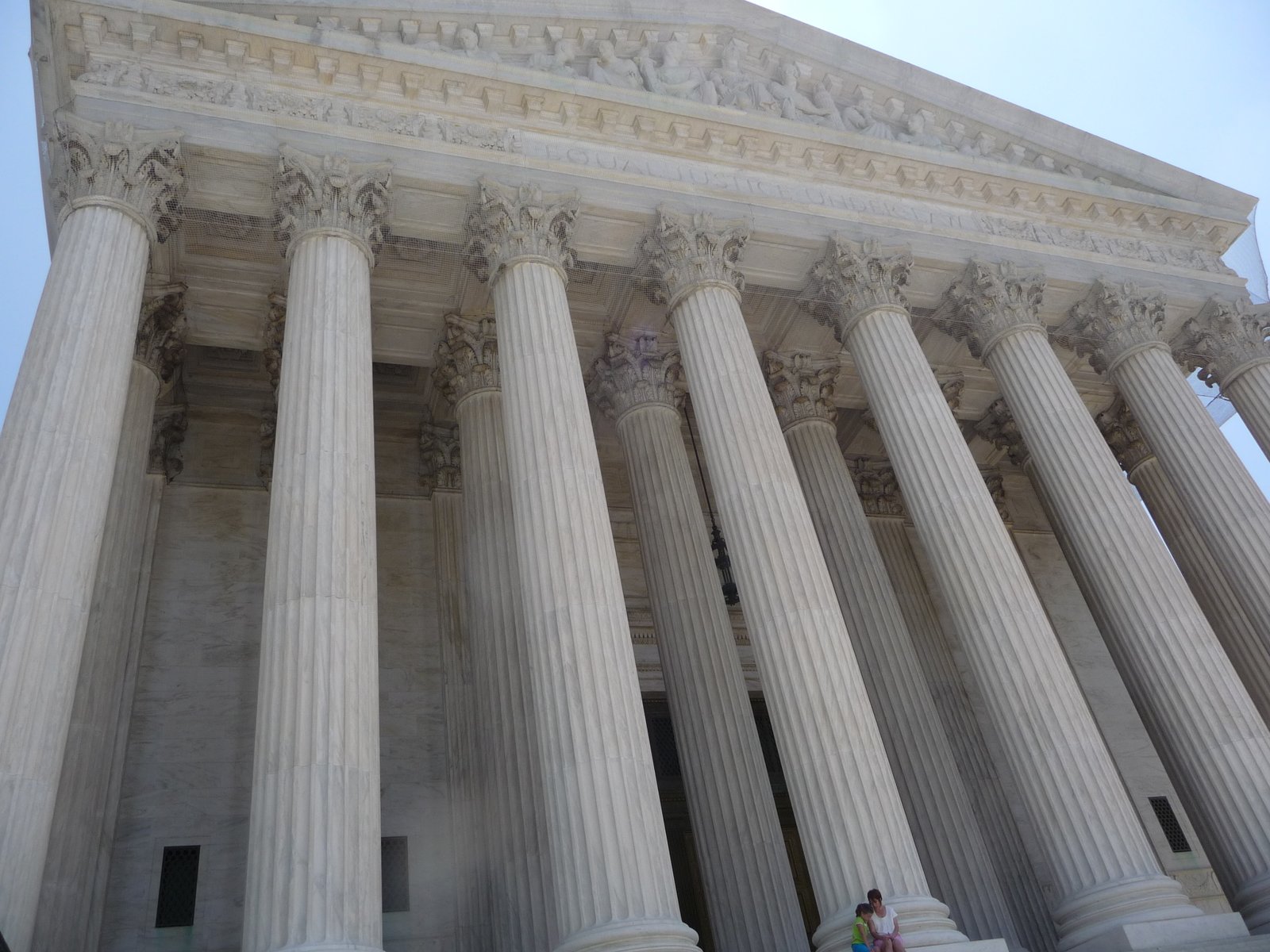This morning, the United States Supreme Court issued a ruling that the 14th Amendment applies the “Excessive Fines Clause” of the 8th Amendment to the states.
Month: February 2019
Parties objecting to regulatory decision must follow administrative process
This week the Supreme Court denied certiorari in a case where nuns filed their Religious Freedom Restoration Act (RFRA) case opposing a pipeline across their property in the wrong venue and ignored the required dispute resolution process.
High Court decision on Muslim clergy at execution challenges rule of law
In ruling that an unwritten rule, quite possibly manufactured after the execution was already scheduled, should not be subject to a judicial Establishment Clause and potentially Free Exercise Clause analysis, the Court has created a troubling precedent that targets the principle of the rule of law.


